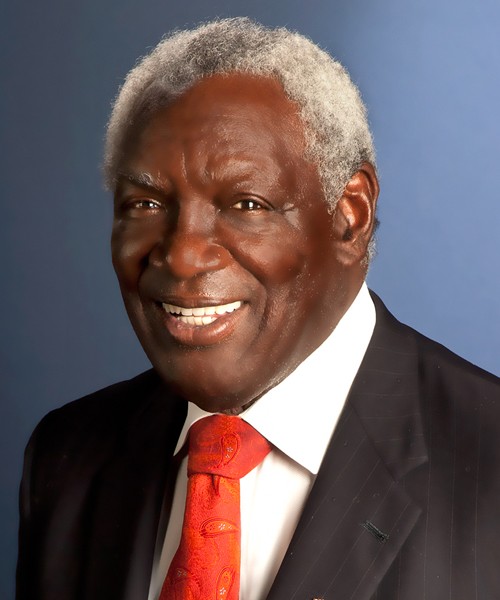On Tuesday, one of the icons of both Shelby County government and civil rights history will be with be honored with a portrait-unveiling ceremony at the National Civil Rights Museum. Hosts for the occasion, which will take place at 1:30 p.m., will be Shelby County Mayor Lee Harris and Shelby County Commission chair Mickell M. Lowery.
The portrait of Bailey to be unveiled was painted by Memphis native Carl Hess, an artist whose other subjects include President Barack Obama, First Lady Michelle Obama, Oprah Winfrey, Bishop T.D. Jakes, and a series commissioned by Tyler Perry for his sound stages in Atlanta.
Mayor Harris had this to say about Bailey: “Icon, innovator, and trailblazer are some of the words that describe Walter L. Bailey, Jr. Commissioner Bailey is the epitome of excellence and has set a path for how leaders in this county should fight for justice and equality for all. I am thrilled to honor someone who I consider to be a mentor, political leader, and, more importantly, a social justice pioneer of our time.”
Chairman Lowery said: “I am appreciative of the opportunity to honor a legend and advocate for social justice. Walter L. Bailey, Jr.’s work in Shelby County is paramount and is something that should be recognized. Mr. Bailey has set a foundation for many Shelby County Commissioners, such as myself, and I look forward to honoring him and his legacy.”
The press release announcing the portrait ceremony summarized Bailey’s career this way: “Walter L. Bailey, Jr. was born on August 21st, 1940. After graduating from Booker T. Washington High School, Walter Bailey attended Southern University where he participated in a variety of civil rights activities organized by his brother, the late Judge D’Army Bailey. Always striving for excellence, he received his juris doctor from Southern University Law Center before starting the Walter Bailey Law Firm.
“In the courtroom, Walter Bailey earned national recognition after taking on several high-profile legal battles including efforts to desegregate Memphis schools. He also represented Dr. Martin Luther King, Jr. during the sanitation workers’ strike of 1968. Walter Bailey’s most famous legal success, a case which reached the Supreme Court, established that law enforcement could not use deadly force when a suspect is fleeing unless his or her life is threatened. This landmark decision remains a standard for law enforcement officers today.
“Walter Bailey’s decades of elected public service began in 1971 when he joined the Shelby County Board of Commissioners. His service spanned four decades and 11 terms until his retirement in 2018, making him the longest-serving member of the board of commissioners.
“In 2008, he received the Pillars of Excellence award from the University of Memphis Law School Alumni Chapter. In 2018, the Shelby County Criminal Justice Center, known as ‘201 Poplar,’ was renamed the ‘Walter L. Bailey, Jr. Criminal Justice Center.’ The portrait will be featured publicly at this location.”
Bailey’s brother, the late D’Army Bailey, was previously honored when the Shelby County Courthouse was renamed in his honor.
